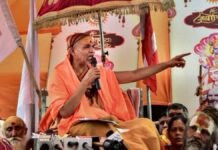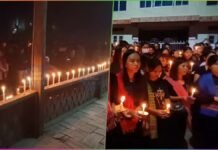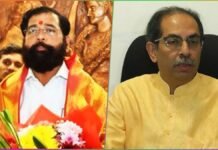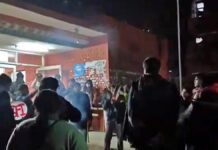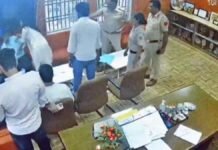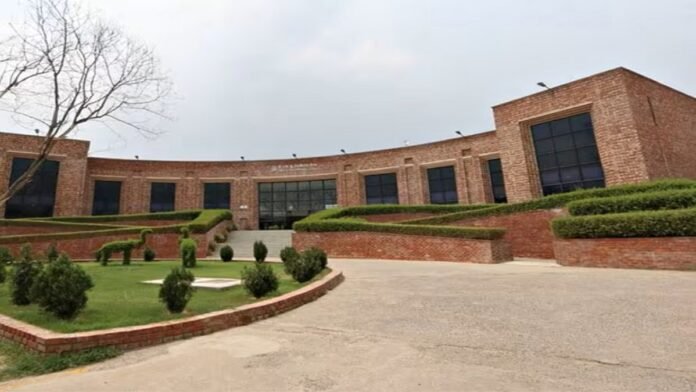
New Delhi: The Jawaharlal Nehru University (JNU) has witnessed a tightly contested election for its Students’ Union, with the main competition unfolding between the Rashtriya Swayamsevak Sangh (RSS)-supported Akhil Bharatiya Vidyarthi Parishad (ABVP) and the Left coalition. As the counting progresses, the anticipation for the final results, expected by this evening, grows.
Background:
After a four-year hiatus due to the Covid-19 pandemic, the elections have resumed with fervor. The United Left alliance, which includes the All India Students’ Association (AISA), Democratic Students Federation (DSF), Students’ Federation of India (SFI), and All India Students’ Federation (AISF), is vying for positions against the ABVP.
Preliminary Results:
The initial vote count has revealed a close race for the presidential position, with ABVP’s Umesh Chandra Ajmeera receiving 1,162 votes out of the 3,295 counted, trailing the Left nominee’s 1,361 votes.
Current Standings:
The current standings for the key positions are as follows:
- President:
- Dhananjay (Left) – 2,411 votes
- Umesh Chandra Ajmeera (ABVP) – 1,787 votes
- Vice President:
- Avijit Ghosh (Left) – 2,135 votes
- Deepika Sharma (ABVP) – 1,545 votes
- General Secretary:
- Priyanshi Arya (BAPSA, Left Supported) – 2,719 votes
- Arjun Anand (ABVP) – 1,992 votes
- Joint Secretary:
- Mo Sajid (Left) – 2,336 votes
- Govind Dangi (ABVP) – 2,159 votes
Historical Context:
Since its establishment in 1969, JNU has been a stronghold for left-wing student organizations. The SFI, affiliated with the Communist Party of India (Marxist), has notably secured 22 victories in the presidential elections, while AISA has achieved 11 wins. These organizations have significantly influenced the student political landscape at JNU.
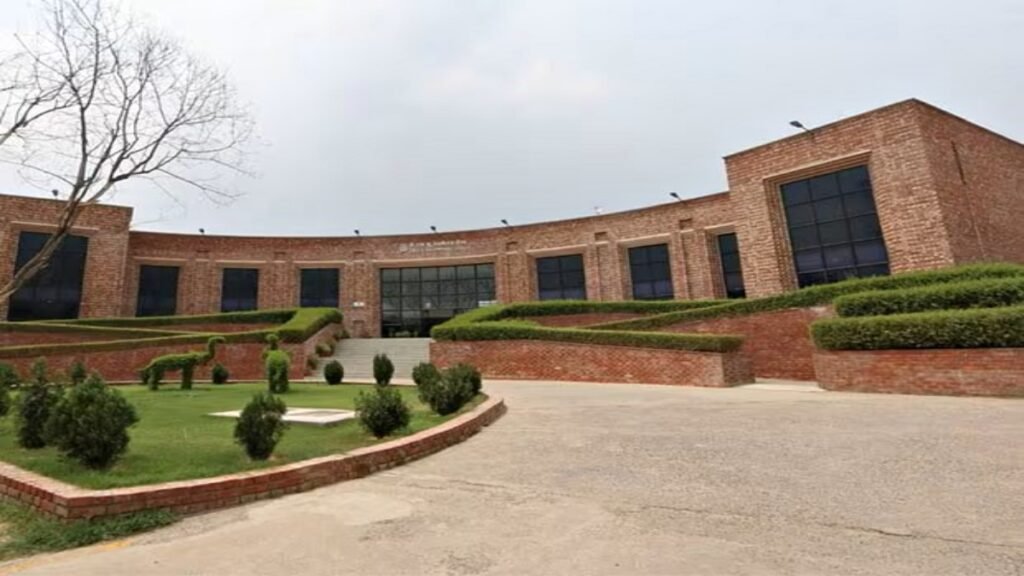
Recent Events:
The presidential debate, a pivotal event in the JNUSU elections, took place on March 20. The polling occurred on March 22, setting the stage for the announcement of the results on Sunday.
This election marks a critical juncture for student politics at JNU, reflecting the dynamic interplay of ideologies and the enduring commitment to democratic processes within the university’s community.



